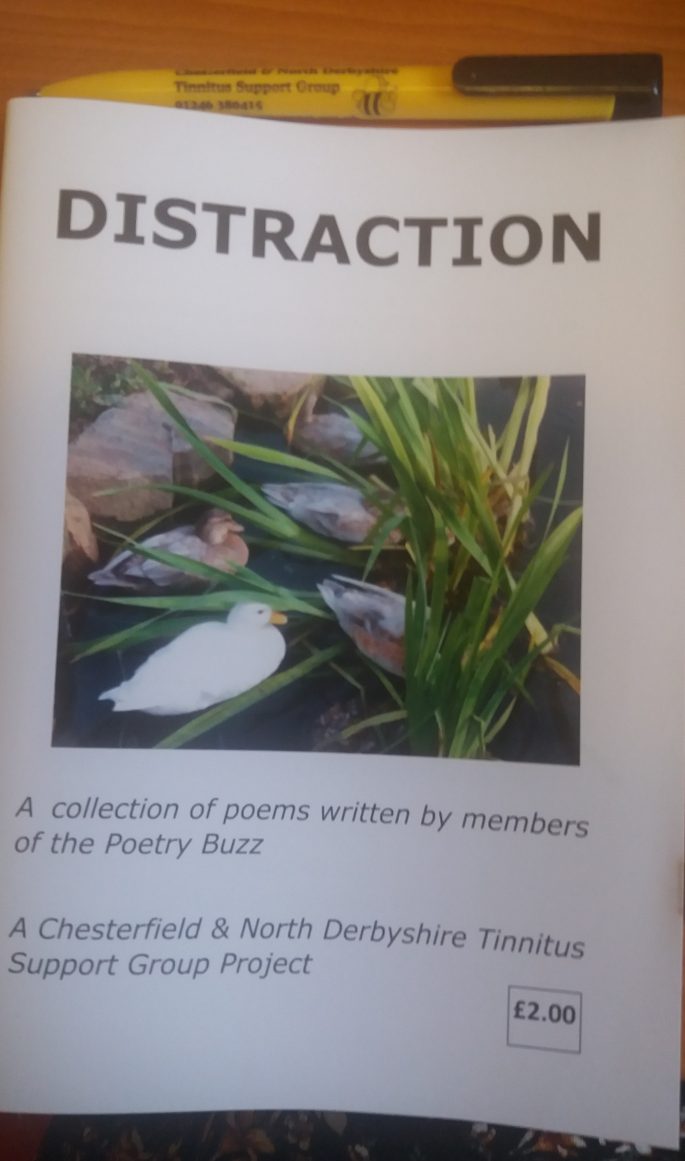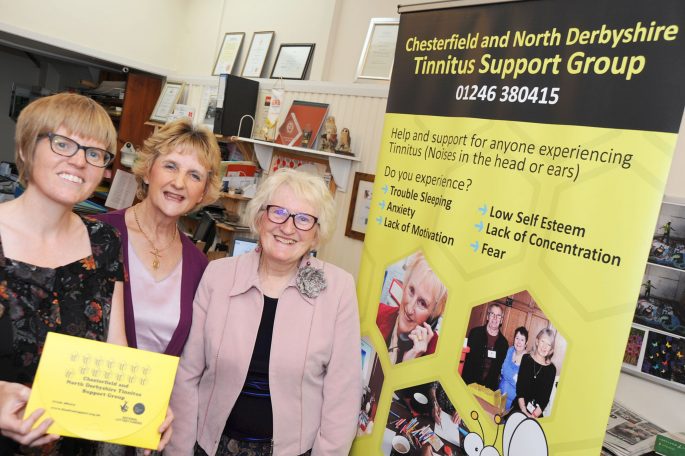UNDERSTANDING TINNITUS
The BTA state “Tinnitus is the perception of noises in the head and/or ear which have no external source. It derives from the latin word for ringing and those living with the condition may have to endure a ringing, buzzing, hissing, whistling or other noise. The sensation can be constant or intermittent.”
Why do we react to Tinnitus? Why does it appear worse at some times than others?
To answer this, we can look to some basic principles of the psychology of perception. Our sensory systems provide vast amounts of information on the objects and events around us, but too much for us to utilise effectively.
To do that we need perception, the process by which we become aware of the information and make sense of the incoming data so as to allow us to interpret it in a meaningful way and act accordingly.
Perception
Sensation and perception are two separate processes that are closely intertwined. Sensation represents the ‘input’ – in this case our tinnitus and the perception is the process by which the brain selects, organises and interprets these sensations.
Perception is a creation, it is our brains, mind and the neurons inside our heads creating the world for us.
When we hear a stimulus – our tinnitus – the first thing we do is attend to it – pay it attention. We need to do this because we need to process it. This is not the end of the process because then we need to recognise it. As it is an internal sound and not one we are used to – it becomes frightening because we can’t recognise it.
However, perception also takes into consideration our prior experiences, the effect of memory, learning and previous encounters with a similar stimuli.
Think about your Tinnitus – what does it sound like?
High pitched whistle – could it be like a warning – need to move to be safe
The sound of a pressure cooker – we need to react because it may boil dry
The sound of the television when it used to close down in the evening – we need to react, switch it off.
To all of these sounds you need to take some action to stop it
Attention
We are continually bombarded by stimuli, but we are not always aware of it. We don’t always feel the pants we are wearing unless we pay attention to them. One of the ways we manage tinnitus is by bringing in other stimuli for our senses. However, if we focus intently on our tinnitus we could miss the other stimuli (inattentional blindness).
If you have been to one of our workshops we may have shown you the famous study by Daniel Simons and Christopher Chabris (1999). In this study participants watched a video of people dressed in black and white passing basketballs. Participants were asked to count the number of times the team in white passed the ball. During the video, a person dressed in a black gorilla costume walks among the teams. You would notice a person dressed as a gorilla surely as it is so unusual? Nearly half of the people who watched the video didn’t notice the gorilla at all. They were so focused on the people passing the ball they completely tuned out other information.
This may be why you perceive your tinnitus even with the TV on or in a football match
Audrey has often told the story where she was chatting to a friend but never heard what the friend was saying, she was only paying attention to her tinnitus.
Management Tip
Try listening mindfully to your favourite piece of music or song. Can you make out all the words? Distract yourself from your tinnitus by concentrating on your other senses – sight, smell and touch.
Motivation
Motivation can also affect perception. You may not want to be paying attention to your tinnitus but you are tuned into. Motivation can be positive and negative. It may be whilst waiting for an important call, you think you hear the phone ringing whilst in the shower.
It is the same effect when a mother sleeps through a thunder storm but hears the slightest cry of her baby, she has an emotional reaction to this sound and so reacts to it and not other stimuli. Again, you perceive your tinnitus in a noisy environment because you are tuning in to it.
Contrast
Contrast also affects our perception. If someone’s mobile phone lights up in a dark theatre before a performance, you will most likely perceive it but if the same phone lights up in the well-lit bar in the interval, you will not notice it.
A number of our group members state they notice their tinnitus after being in the car and coming in the house. This is the contrast between the noise of the engine and the quiet house. Of course, tinnitus is most noticeable at night when you have had other stimuli around, maybe the TV, radio or your partner talking and then suddenly the quiet bedroom.
Management Tip
Try sleep Apps or under-pillow speakers. Pillow Speakers are available from the British Tinnitus Association. See below for website address.
Conclusion
Perception is a complex process, we all have different beliefs, values and life experiences which affect our perception. Our experience of tinnitus is, therefore, affected by all these things. However, understanding some of the basic psychological principles which affect perception can help us to make sense of our experience of tinnitus.
References: British Tinnitus Association – https://www.tinnitus.org.uk/
Future Learnhttps://www.futurelearn.com/courses/sensation-perception/7/todo/72694?utm_campaign=sensation-perception-w






